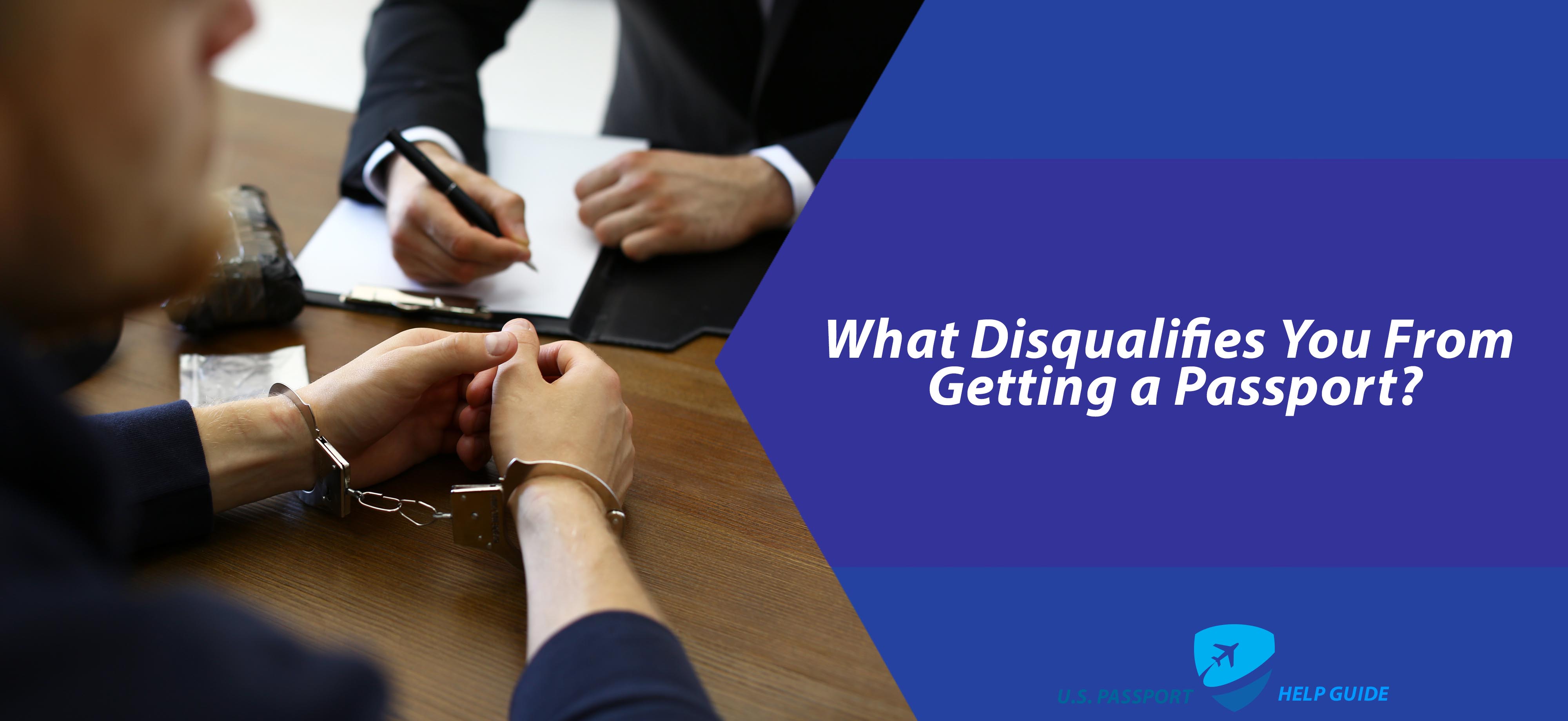What Is The Difference Between An Embassy vs. a Consulate

/ 5 Stars read 2 min
Traveling to a foreign country requires careful preparation and consideration. Whether it’s for business or pleasure, there are always certain procedures that need to be followed before getting on that flight. One of the most important steps is obtaining a visa, and this is where embassies and consulates come into play. But what exactly is the difference between an embassy and a consulate?
What is an Embassy?
An embassy is the official representation of one country in another country. It is the highest diplomatic representation and serves as the office of the Ambassador and other diplomats. An embassy handles all diplomatic matters and represents the country’s interests in the host country.
In addition, embassies are often responsible for providing consular services to their citizens in the country where they are located. This can include assistance with emergency medical situations, repatriation of remains of their citizens, and, in some instances, legal services.
What is a Consulate?
A consulate, on the other hand, is a smaller diplomatic representation that handles more routine matters. Consulates are generally located in smaller cities across the host country and are responsible for providing various services to citizens of the sending country, including visa processing, passport renewal, and other similar services.
Consulates act as a link between the host country and the sending country in a smaller, more localized capacity.
Embassy Vs Consulate
Another difference between an embassy and a consulate is the level of protocol associated with each one. Embassies are renowned for their diplomatic protocols, which can make it challenging for the general public to gain access to the premises.
However, consulates are generally more accessible to people and often have a more informal atmosphere. As a result, consulates are more frequently used than embassies by tourists and small business owners.
The staffing of these two diplomatic institutions is also another difference. An embassy generally has a more significant number of staff because of its large scale of operation. Staff members assigned to the embassy usually serve for at least three years, while consulate personnel may serve for two years or less. In addition, most embassies house a consular section in addition to performing diplomatic functions.
When Do I Need to Contact My Embassy?
One common reason is that the individual’s passport has been lost, stolen, or damaged. In this case, the embassy will be able to issue them with a replacement passport (a temporary or emergency one if necessary).
In other emergency situations, embassies can provide advice or instructions about what to do. This could include:
These three potential threats can occur around the world. These include natural disasters, civil unrest, and conflicts breaking out.
Summary
In conclusion, the primary difference between an embassy and a consulate is the level of diplomatic representation they provide and the scale of the services they offer. Embassies are the highest representation of one country in another and handle several diplomatic matters.
Consulates, on the other hand, are smaller and offer more routine and often localized services. Regardless of the difference between them, both embassies and consulates are critical to every country’s foreign policies and the welfare of their citizens abroad.
Get an Expedited Passport in As Little as 24 Hours!
Looking to travel in 30 days? And need to replace your passport, renew passport or get a new passport. U.S. Passport Help Guide provides all passport expediting services with passport services starting as low $199.00
Get an Expedited Passport Today!


